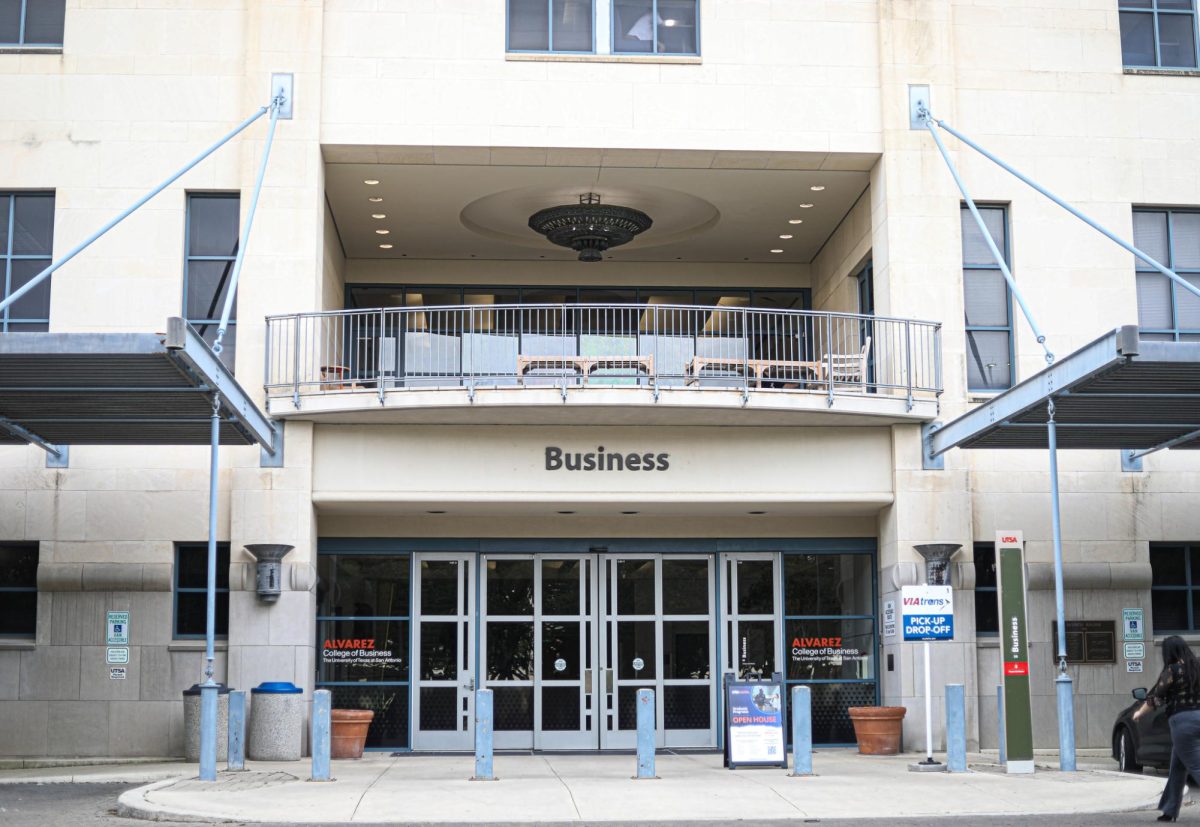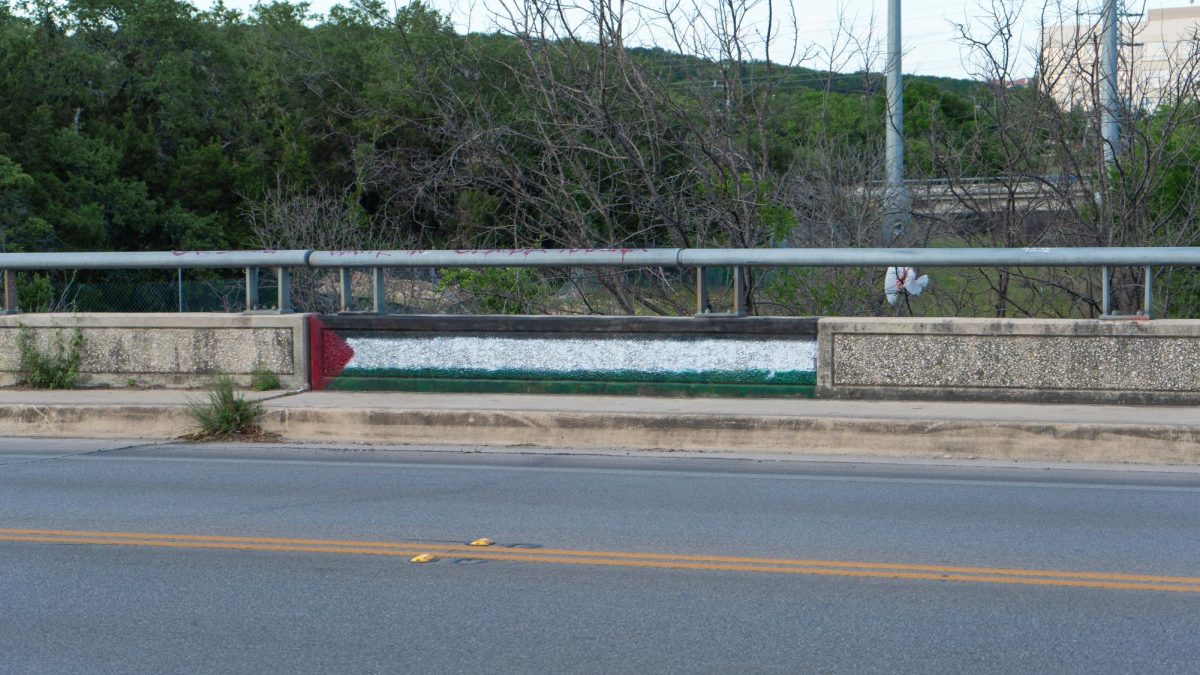
 UTSA received an “A” grade on its core curriculum from the American Council of Trustees and Alumni (ACTA) according to its annual “What Will They Learn?” report. The university is one of just 21 schools to make the highest grade of over 1000 surveyed.
UTSA received an “A” grade on its core curriculum from the American Council of Trustees and Alumni (ACTA) according to its annual “What Will They Learn?” report. The university is one of just 21 schools to make the highest grade of over 1000 surveyed.
The rankings, which have been compiled every year since 2009, aim to measure how well-rounded a school’s basic curriculum is and to give prospective students an additional tool to compare universities.
To make an “A,” a university must offer six out of seven courses: composition, literature, foreign language, U.S. history or government, economics, mathematics and natural science. Of that list, UTSArequires students to take a course in all areas except foreign language.
According to ACTA’s website, less than 14 percent of schools require a foreign language, while less than 20 percent require U.S. history or government. Less than five percent require an economics credit.
ACTA’s mission statement noted that its goal is “to support liberal arts education, uphold high academic standards, safeguard the free exchange of ideas on campus and ensure that the next generation receives a philosophically rich, high-quality college education at an affordable price.”
UTSA received an “A” in the report for the first time last year and is one of just four schools in Texas to achieve such a high rating, along with Baylor University, Texas A&M Corpus Christi and the University of Dallas. No other school in the UT system made an “A.” More than 60 percent of schools received a “C” or lower in the report, meaning they offer three or fewer of the seven suggested courses.
“Businesses are struggling to find employees with the skills to succeed in today’s high-tech and dynamic global economy,” said John Engler, former governor of Michigan and president of the Business Roundtable, in an ACTA press release. “Those abilities are built upon a foundation of math and science, but they also depend on students acquiring a wide range of general knowledge – including the ability to think and communicate clearly.”
John Frederick, UTSA provost and vice president of academic affairs, believes that the rating serves as evidence that the school is ahead of the curve in ensuring that students are ready to enter the work force. “UTSA is committed to shaping broad-minded global citizens who are prepared to think critically and, in turn, have a greater competitive edge in the job market,” said Frederick, according to UTSA Today.
Although UTSA has now received ACTA’s highest rating for the second consecutive year, it has already begun to shift away from its current core curriculum, a process that is the result of the state of Texas’ reworking of the requirements for core curriculums in all public colleges and universities in the state. As Associate Vice Provost Nancy Martin pointed out, “in the state of Texas, the structure for the core is mandated by the state legislature.”
According to UTSA’s website, the Freshman Experience Task Force was charged with simplifying “the freshman year academic experience, to ease students’ transition to college while introducing them to the rigors of college-level coursework.” Working under the recommendation of Provost Frederick, the Task Force had suggested that, of the current core curriculum, only a math class and composition courses were “absolutely fundamental to success in a student’s curriculum, regardless of their chosen major.”
Martin, who oversees UTSA’s core curriculum, explained to The Paisano in an interview last month how the task force’s recommendations would reshape UTSA’s core curriculum. “In the current catalog, we have the World Society and Issues component and that’s gone away,” Martin explained. “Economics would be an option in the core,” she said, compared to being a requirement as it is now.
Although the new core would restructure the freshman experience by removing certain classes from a student’s degree plan, it also seeks to make the transition to college more bearable for freshmen. The Task Force’s report suggested a new class—dubbed an Academic Inquiry Course—which would “provide institutional support and academic challenge” and provide students with “an environment where quality faculty-student relationships can develop.”
As Martin stated, “The general purpose of that course is to introduce students to the university.” Martin explained that the Academic Inquiry Course is being designed to highlight the differences between high school and college and would particularly emphasize that research universities “create knowledge,” whereas a high school merely teaches it.











